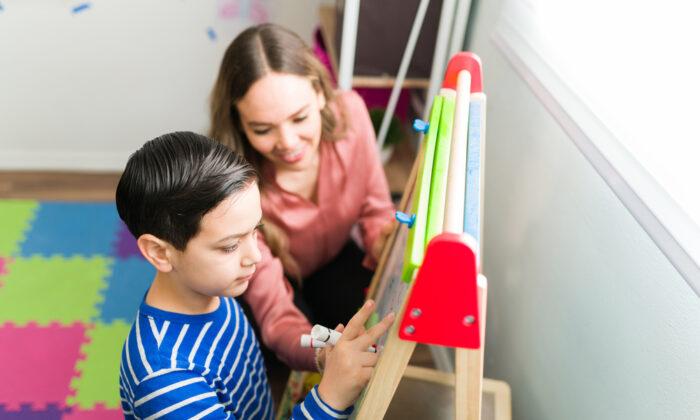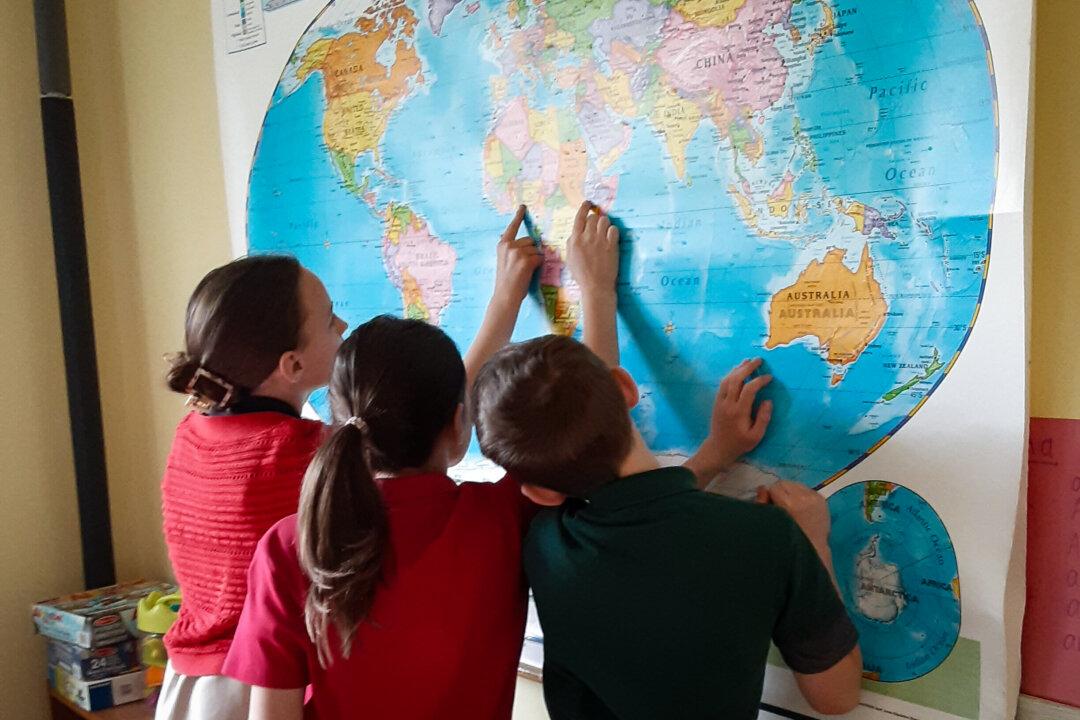For homeschooling parents, as well as for many teachers in private and public schools, spring is the last lap in a marathon begun months earlier. The excitement of a new school year has long ago withered along with the winter’s grass, and the eagerness with which these educators began their race back in the late summer has by now all too often given way to fatigue and burnout. The days grow longer in spring, and for many teachers, they are longer than they are for the rest of us.
“Tired teacher syndrome ” is the designation some have given this phenomenon. The challenges of spring include students restless with the warmer weather, end-of-year testing, and nagging doubts as to how much has really been accomplished. “In the Spring,” wrote Lord Alfred Tennyson, “a young man’s fancy turns lightly to thoughts of love”—but an exhausted teacher’s fancy turns to the halcyon days of the still faraway summer, when, at least for a season, lesson prep and grading are but dim memories rather than a daily reality.
Take a Backwards Look
If you’re part of the tired teacher brigade, pause every once in a while to remember where you and your students were last September. Is your homeschooling 3rd grader a better reader? Has your 12-year-old plowed through scores of pages in his Saxon math book? If so, kudos to you and the kids.Down Time
Whether you’re teaching three kids at a kitchen table or a classroom of 18 middle schoolers, if you’re a good teacher, then your focus is on your pupils and their daily education. Helping them learn is the name of the game, and you’re succeeding.Like many other jobs, however, teaching is carry-home work. Even those who are teaching at home don’t just dust off their hands and close a door at the end of the day’s classes. All good teachers fret about their performance and find better ways to enhance the learning of their students.
To bring out the best in those young people means taking care of yourself as well. Yes, the summertime eases all that problem-solving and self-questioning, but you also need more immediate relief, as in right here and right now. An evening with a good book, a supper with friends, or even a long soak in the tub can provide some means of temporary respite from your worries.
Aims and Aspirations Revived
Back in the ‘90s, my wife and I operated a homeschooling business, selling books and other resources to families through the mail and at book fairs. We’d sometimes travel to a dozen such conventions from March through August. Nearly always, several of the moms who were there would comment either to us or to a companion, “This is exactly what I needed.”The Kick
In long-distance races, including the marathon, some runners are able to finish up with a kick, which is the ability to pick up the pace and even sprint at the end of the race.Here’s one more bit of advice for teachers to add to Ms. Timmons’s list: “Fake it till you make it.” On those days when you’re wiped out and sitting down to do spelling and grammar with your 10-year-old, or when you’re facing another round of teaching Algebra I to 9th graders, hide your fatigue behind a smile and rev up some energy and enthusiasm, no matter how much you have to fake it. After all, a good teacher is an actor, with the classroom as a stage, and like any good performer, you need to slip into your role no matter how battered your mood. Repeat this action enough times, and you’ll find the fires of your enthusiasm burning again.
“Everyone who remembers his own education,” said Sidney Hook, “remembers teachers, not methods and techniques. The teacher is the heart of the educational system.” This spring and every other month you spend at that dining room table or in the classroom, you teachers have the unique opportunity to be remembered and appreciated long after your students have left school.
A final suggestion, this one directed to parents and older students: Right now is the perfect season to give a teacher a gift—flowers, a book, a box of candy, and especially a note of appreciation. Whether it’s your homeschooling spouse or the teacher at school, that tiny gesture can make all the difference in the world to their morale and well-being.








